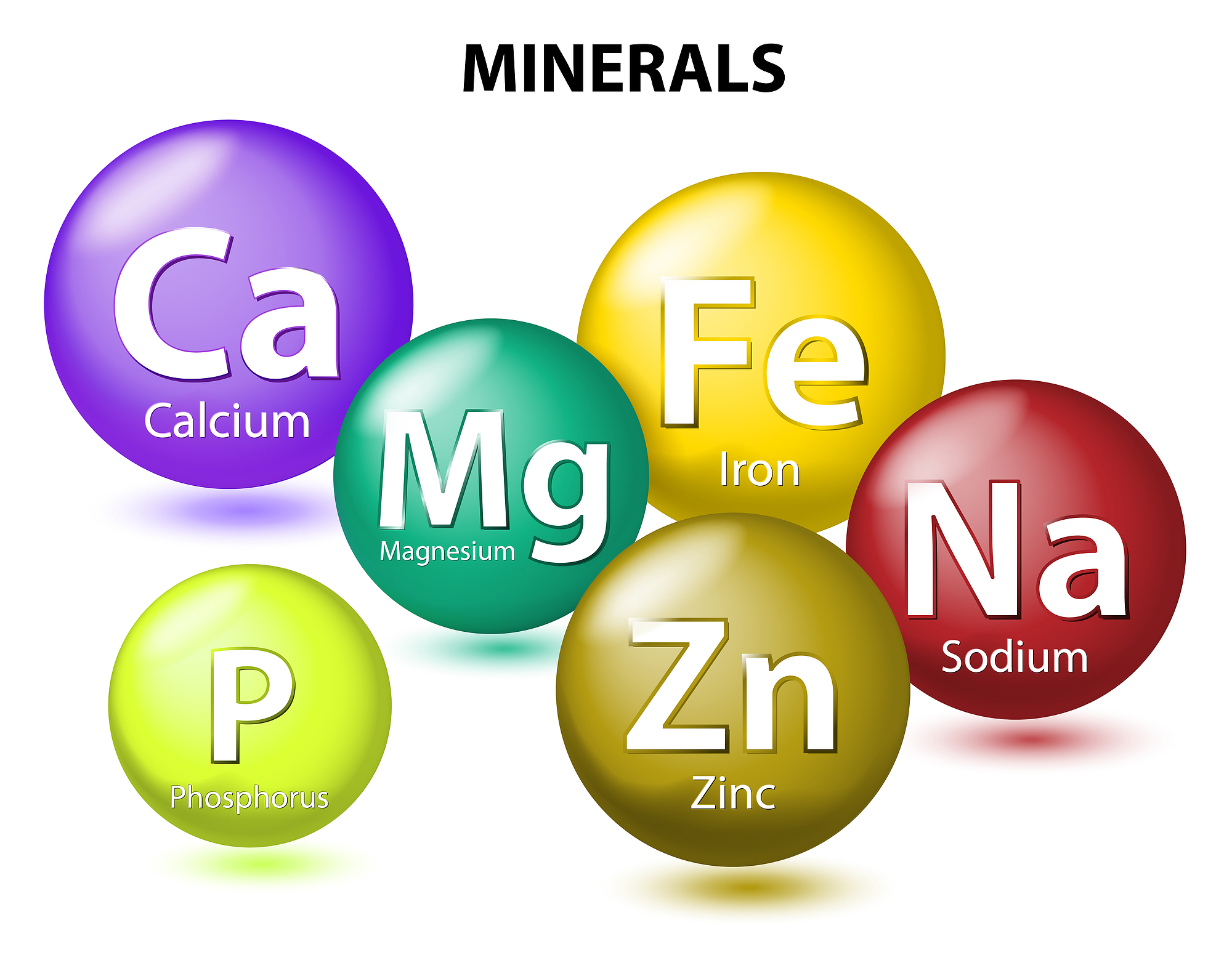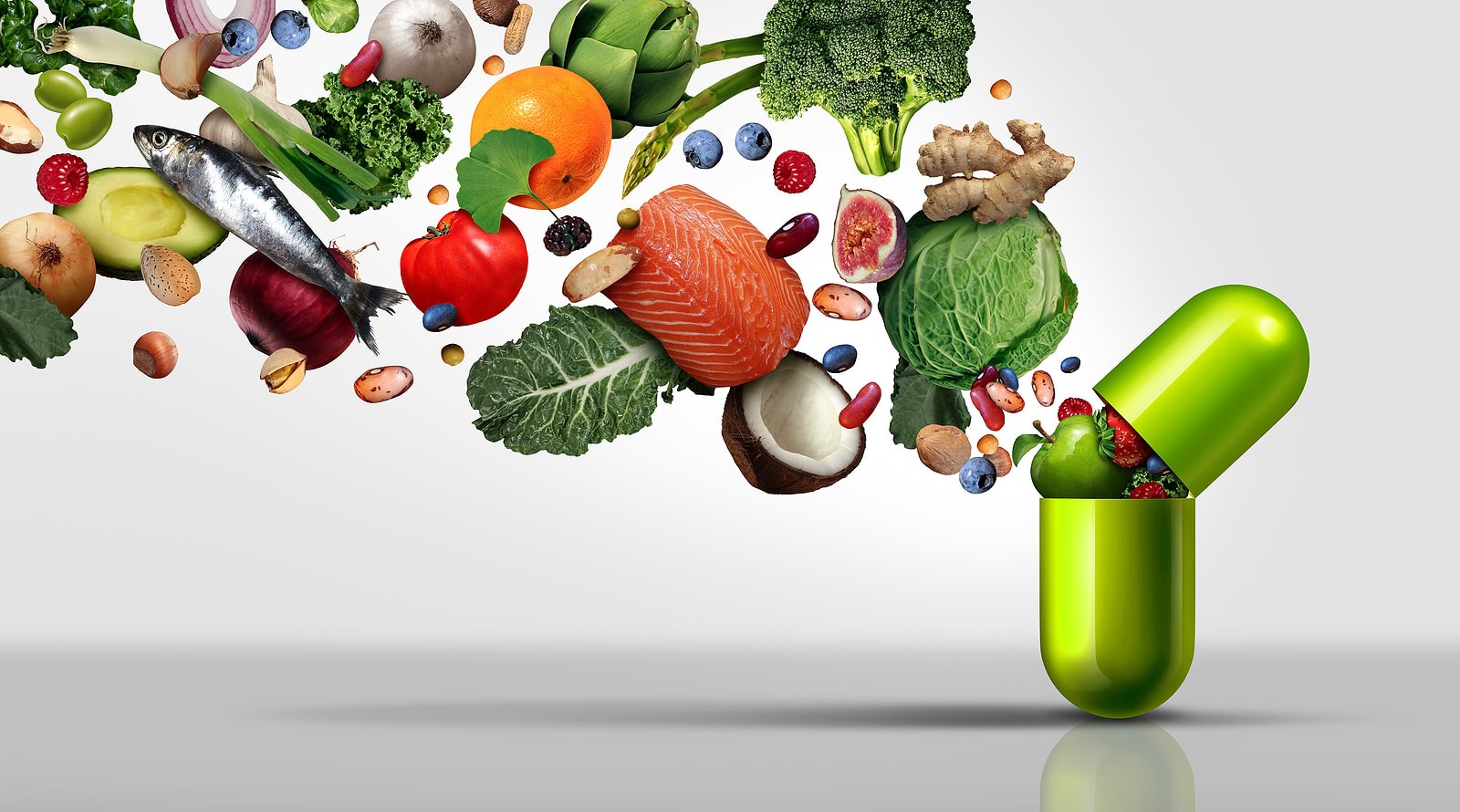Did you know your diet can be one of the most powerful tools in your recovery after dental implant surgery? It’s true! Healing from a dental implant isn’t just about following post-op instructions. It’s also about what you eat. The right vitamins and nutrients can reduce inflammation, support tissue repair, and strengthen your jawbone for a long-lasting implant.
Whether you’re getting dental implants in Rochester Hills or you’re already healing, understanding nutrition puts you in control of your success.
Why Your Diet Matters After Dental Implant Surgery
Think of your dental implant as a new neighbor moving into your jawbone. Just like any good relationship, it takes time and the right environment to build a strong bond.
Your body needs specific building blocks to heal properly. When you give it the right essential nutrients, healing happens faster and more completely.
Good nutrition can make your implants work so well; they’re much better for eating than traditional dentures.
Key Vitamins That Speed Up Recovery
Understanding which vitamins help most makes choosing the right foods easier during your healing time.
Vitamin D: Your Calcium’s Best Friend
Without enough vitamin D, your body can’t absorb calcium properly. This is a big problem when your jawbone is trying to heal around your new implant.
Best sources of vitamin D:
- Fatty fish like salmon and mackerel
- Egg yolks from pasture-raised chickens
- Fortified milk and cereals
- Safe sun exposure (15-20 minutes daily)
Vitamin C: Your Healing Supervisor
Vitamin C doesn’t just fight colds. It’s like the foreman at your body’s healing construction site, promoting healing at every level.
This vitamin helps make collagen. Think of collagen as the scaffolding that supports your gums and tissues around the implant. It can also reduce inflammation naturally.
Vitamin C powerhouses:
- Citrus fruits and berries
- Red bell peppers (they have three times more vitamin C than oranges!)
- Leafy greens like spinach and kale
- Kiwi, mango, and papaya
Vitamin A: The Smart Renovator
Vitamin A is like a renovation crew that clears out old, damaged tissue to make room for healthy new growth.
The best way to get vitamin A is from beta-carotene sources. Your body converts what it needs and stores the rest safely.
Smart beta-carotene choices:
- Sweet potatoes and carrots
- Winter squash and pumpkin
- Dark leafy greens
- Cantaloupe and apricots
Essential Minerals for Strong Bones

These minerals work with vitamins and minerals to support your dental implant surgery recovery.
Calcium – The Bone Builder
Calcium helps form the solid foundation your jawbone needs to support an implant. The NIH recommends 1,000 to 1,200 mg daily for most adults.
Calcium-Rich Foods:
- Dairy products like milk, yogurt, and cheese
- Leafy greens such as bok choy and kale
- Almonds and sesame seeds
- Fortified tofu and plant-based milks
Magnesium – The Calcium Partner
Magnesium works together with calcium and vitamin D to support bone formation. A deficiency can reduce calcium absorption and weaken bone density.
Good Sources of Magnesium:
- Nuts, seeds, and legumes
- Whole grains and dark chocolate
- Avocados and leafy greens
Zinc – The Wound Healer
Zinc plays a role in cell repair and immune function. It helps reduce infection risk, particularly during the early healing period after surgery.
Zinc-Rich Foods:
- Shellfish like oysters and crab
- Pumpkin seeds and chickpeas
- Lean meats and eggs
- Whole grains
Quick Diet Checklist for Implant Healing
| Nutrient | Daily Goal | Top Sources | Purpose |
| Protein | 0.8–1g per kg of body weight | Lean meats, fish, eggs, tofu, yogurt | Builds tissue and supports immune healing |
| Vitamin C | 75–90 mg | Citrus fruits, peppers, leafy greens | Repairs gums and boosts collagen production |
| Calcium | 1000–1200 mg | Dairy, leafy greens, fortified tofu | Supports bone strength and osseointegration |
| Vitamin D | 600–800 IU | Sunlight, fish, fortified products | Helps absorb and use calcium |
| Zinc | 8–11 mg | Pumpkin seeds, lean meat, shellfish | Aids healing and infection prevention |
Based on NIH and ADA guidelines. Always check with your provider before making dietary changes.
Nutrition Tips to Support Post-Implant Healing
Following a healthy, healing-friendly diet doesn’t mean eating bland meals. Here are helpful tips to guide your recovery:
- Choose soft, high-protein foods such as eggs, yogurt, and cooked vegetables during the first week.
- Avoid spicy, crunchy, or hard foods that can disturb the healing site.
- Stay well-hydrated with water and herbal teas to help your body repair tissues.
- Limit sugar and acidic foods, which can increase inflammation and bacteria buildup.
- Eat small, frequent meals to maintain steady nutrient intake.
Need more support? You can refer to our detailed guide on what to eat after dental implant surgery.
Easy Recovery Meal Ideas
Healing Smoothie Bowl: Blend Greek yogurt, banana, berries, and spinach. Top with chia seeds for omega-3s. It’s like a nutritional powerhouse that supports promoting healing.
Creamy Sweet Potato Mash: Rich in vitamin A, gentle on your healing site, and delicious with cinnamon.
Protein-Rich Bone Broth: Sip your way to better healing with this collagen-packed comfort food that contains essential nutrients your body craves.
Should You Take Supplements?
Should You Take Supplements After Dental Implant Surgery?
Whole foods are always the best way to get your vitamins and minerals. However, if you’re on a restricted diet, have certain health conditions, or bloodwork shows a deficiency, your dentist or physician might recommend supplements.
- Vitamin D and calcium supplements may be suggested if you’re not getting enough from diet or sunlight.
- Vitamin C tablets may support healing if fresh produce is limited.
- Zinc may be added in small doses to help speed recovery.
Only take supplements under the guidance of your dentist or healthcare provider to avoid potential interactions or overdosing.
Your Path to Success
Your investment in dental implants shows your commitment to your oral health. It deserves the best foundation for success.
Our Elegant Edge Dentistry team understands that proper nutrition is crucial for the success of dental implants in Rochester Hills.
Ready to give your implants the best chance at success? Schedule a consultation with us today!
Frequently Asked Questions
How can I speed up healing after dental implants?
Focus on a nutrient-rich, soft-food diet with plenty of protein, calcium, and vitamin C. Avoid smoking, stay hydrated, and follow your dentist’s care instructions closely.
What vitamins help a bone graft heal?
Vitamin D, calcium, vitamin C, and magnesium are especially important. They support bone regeneration and reduce inflammation during recovery.
How can I improve my dental implant success?
Maintain excellent oral hygiene, eat balanced meals, avoid smoking, and attend all post-op checkups. Nutrition and lifestyle play a major role in implant success.
What foods are good for osseointegration?
Foods rich in calcium, vitamin D, protein, and vitamin C are best. Examples include leafy greens, Greek yogurt, citrus fruits, soft meats, and bone broth.
